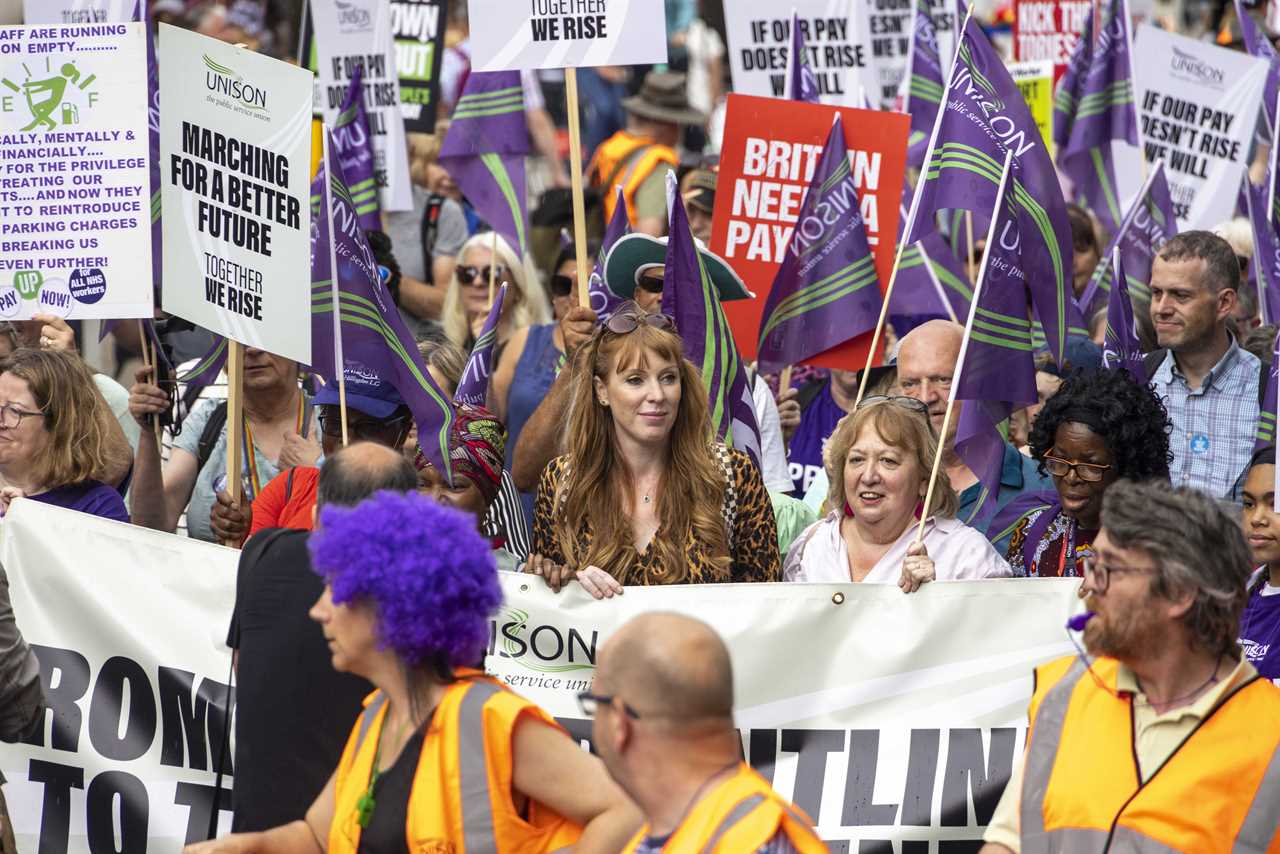
The recent Labour party's initiative to enhance workers' rights has ignited a fierce debate, with small businesses expressing apprehensions about the potential impacts on their operations. This move comes amidst a broader global conversation on the role of unions and labour rights in shaping economic dynamics.
Impact on Small Businesses: Balancing Rights and Responsibilities
Entrepreneurs have raised concerns that the proposed expansion of union rights could disproportionately burden small and medium enterprises, posing challenges to their sustainability. The tensions between protecting workers' rights and supporting business viability underscore the complex interplay of interests within the labour market.
Labour Rights vs. Economic Realities: Finding Common Ground
While Labour's initiative aims to empower workers and strengthen collective bargaining, critics argue that such measures might tip the scales against smaller employers. The delicate balance between fostering a fair work environment and ensuring business prosperity requires nuanced solutions that address the needs of all stakeholders.
Union Power and Business Landscape: Navigating Challenges
The discourse around workers' rights often brings to the fore deep-seated tensions between labour unions and business owners. Navigating these power dynamics demands a thoughtful approach that acknowledges the legitimate concerns of both workers and employers, particularly in the context of small enterprises.
Reframing the Debate: Towards Inclusive Solutions
As discussions unfold around the proposed legislation, it is crucial to reframe the narrative from a zero-sum game to a collaborative effort towards sustainable labour practices. Recognising the inherent complexities of the labour market can pave the way for innovative solutions that benefit all parties involved.
Quoting John Longworth, Chair of the Independent Business Network, who highlighted concerns about the potential consequences: "The automatic right of access for unions to invade SMEs is one of the most pernicious aspects of the Employment Rights Bill. This is all about union power and union income."
It is essential to consider the nuanced perspectives of various stakeholders, as Roger Walters, Founder of Supercity Aparthotels, cautioned: "This Bill is just another pop at capitalism. If it’s not defeated, Great Britain will become another Russia or North Korea."
John Elliott, Founder of EBAC Dehumidifiers, emphasised the importance of a balanced approach: "We all agree employees should have rights, but we need to explain to the public that employers have rights too. It should be an equal relationship."
In response to the concerns raised, a Department for Business and Trade spokesperson clarified: "It’s not true that this bill will allow unions to turn up to workplaces unannounced. What it will do is make it easier to avoid costly disputes and ensure hard working people get a fair wage. The old laws didn’t work, and saw the UK lose more days to strike than France."
Amidst these diverging perspectives, the dialogue on Labour's proposed legislation underscores the need for thoughtful deliberation and inclusive policymaking to address the multifaceted challenges facing the labour market. By engaging in constructive conversations that consider the complexities of the business landscape, we can strive towards a more equitable and sustainable future for workers and employers alike.
Did you miss our previous article...
https://trendinginthenews.com/uk-politics/nigel-farages-defiance-challenging-labours-net-zero-orders-to-open-welsh-coal-mines






